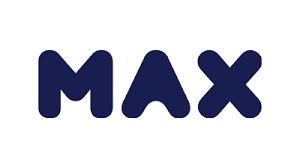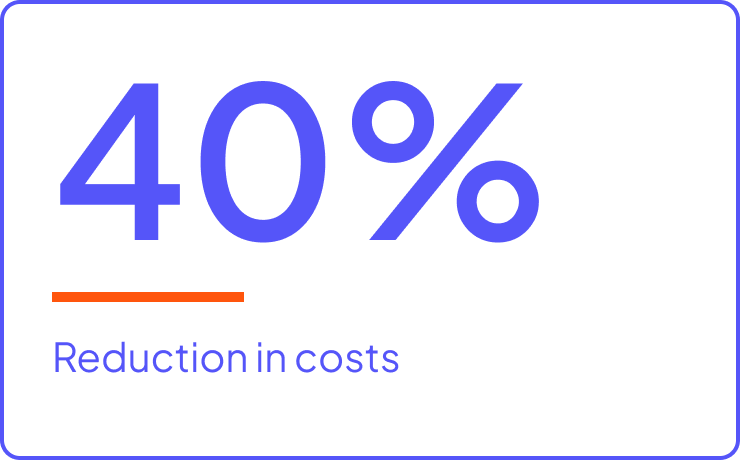Max It is a payment and credit solutions company based in Israel. It provides a range of financial solutions for private clients, including tailored credit and lending solutions, as well as credit cards that enable smart and customized management.
With 2 million-plus active credit card users, and servicing over 40,000 businesses, Max It plays a big part in how the people of Israel manage their money. The company provides business owners with a variety of digital tools, including information and operations on the site and application, and the ability to produce reports. It also provides merchant acquiring services, credit solutions, loans, and payment discounts, as well as multi-business, acquisition and supplier cards.
Challenge
As a credit card company transitioning into an independent financial services company, having access to first-class technology in the big data arena is essential. With technology continuing to advance and increasing competition in the market from well-established players, Max It recognized the need to develop an IT infrastructure that delivered real-time data insights. Consumers expect financial services and products to move as fast as they do, therefore, streaming real-time data is key to remaining competitive.
The company also understood that it had to be a system capable of supporting new methods of data utilization, including machine learning capabilities to give data scientists a better way to approach customer analysis. Its level of service offering, customer satisfaction, the development of new products and future success, all intrinsically linked and dependent on the accurate processing of data.
The company’s previous data architecture made all developments, upgrades and integrations more complicated. The company wanted to address these issues by creating an open system that was scalable without vendor lock-in while keeping as many systems as possible – such as security, management and support – under the same ownership. In addition to more effective infrastructure, the company needed a storage solution that was easier to maintain and cost-efficient.
Solution
In response, Max It pivoted its strategy and expanded the use of Cloudera, switching from an offload of the data warehouse – only used for data storage and some of the hard processes performed on data using relational databases – to a place to store large amounts of data that can be analyzed. As a result, it successfully implemented a data lake without breaking the Database Management System (DBMS) that everyone utilized for daily reports. This was important for Max It to preserve already developed workloads and its existing enterprise knowledge.
The team also linked the data lake to Tableau to give the end-users dashboards with information that previously could not be accessed with the DBMS. Legacy replication tools used for data warehousing have been replaced by Kafka and NiFi. The new infrastructure enables all online replications to take place between the core system and the ODS layer – the operational data store that provides the data to Max It’s application and website. Using Cloudera means that Max It is able to harness live data to service multiple departments including IT, marketing, analytics and data science.
Results
Before, the company was unable to analyze the causes behind declined customer transactions. Now, with Cloudera and Kafka it can pinpoint the reason, make adjustments in real-time, and increase transactions. All the banks in Israel have data processed by Max It, giving it an overview of where transactions have taken place. This helps with fraud prevention as the banks can immediately check suspicious transactions and where a customer card has been used.
With credit card confirmations occurring in real-time, Max It can react to user transactions as they are transmitted. Now, it can better serve customers by giving them detailed information on why they were unable to complete certain transactions.
Furthermore, Cloudera has enabled Max It to make changes in the way the company operates internally. Formally disparate systems have been unified, and now Max It’s several operating systems for data warehousing integrate into one model and directly connect to Cloudera’s data lake.
Previously, the use of DBMS presented concerns that the software may break under the strain of the vast amounts of data being processed. The new data lake enables the creation of richer client profiles for machine learning models. This means data scientists can better analyze data as they now have access to user dashboards containing information that DBMS cannot handle.
From the project starting with Max It using Cloudera as a data lake solution, the platform has gone on to become the data hub manager for the whole organization. The improved big data environment and cost savings have also enabled Max It to leverage the platform to create tech innovations in its products.
Future
Now, Max It can complete complex projects without significant changes to its core systems.
Cloudera has helped bring data alive from the data warehouse, which Max It is using to develop a full data science ecosystem. Yoav Hummel Livneh, Head of BI & Data at Max It comments: “This is the year that we are bringing everything together, all the processes we have been working on with all the data, from the data lakes to data warehouses.”
Looking to the future, Max It aims to further integrate Cloudera into its systems, harnessing cutting-edge technology so it can read, store and respond to data immediately to meet business needs. The company is looking to upgrade to Cloudera Data Platform (CDP) Private Cloud and exploring the potential to leverage a hybrid architecture by moving workloads to the public cloud. Yoav adds: “We are just scratching the surface of the Cloudera ecosystem. There are still so many tools we have yet to harness.”


